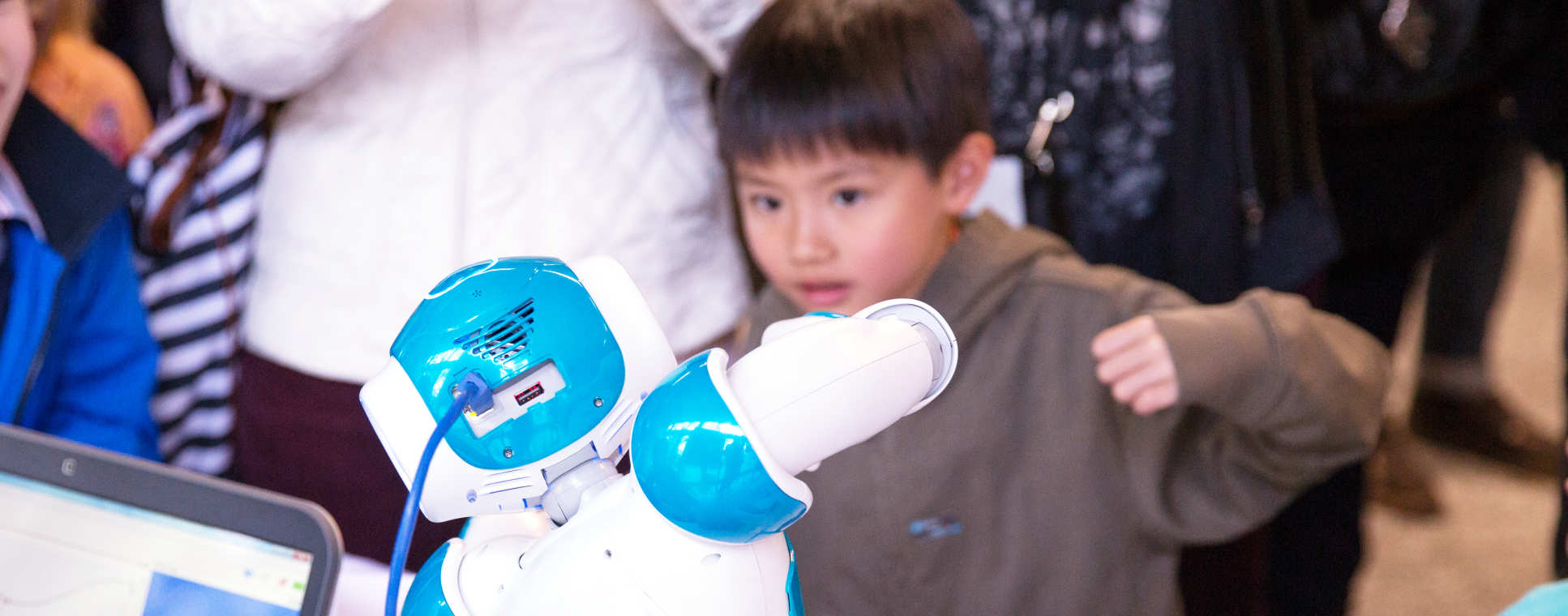Assistive Robots

In line with the mission of the Hamlyn Centre in developing technologies for addressing global health challenges associated with demographic, environmental, social and economic changes, we have an extensive research programme on assistive robots.
These include the development of mobile robots and navigation technologies for daily life assistance and remote presence (e.g. telepresence for remote diagnosis involved in specialist and community-based care, as well as social interaction for elderly and individuals with physical impairments), rehabilitation robots for physical therapy and post- surgical recovery, as well as wearable robots and powered exoskeletons for the ageing population and those who are physically challenged.
Research themes
Research Themes
Mobile robot and navigation
Mobile robot hardware design and low-power actuation schemes, as well as machine vision algorithms for autonomous robot navigation, including simultaneous localisation and mapping (SLAM), sound localisation in reverberant environments, dynamic scene association, and active vision for navigation in crowded environments.
Remote presence technologies
Seamless human-robot interaction for remote presence including gesture/voice recognition, attention selection in crowded environments, socially-aware/acceptable robot navigation, and integration with ambient and body sensor networks for remote patient/elderly care.
Rehabilitation robots
The development and application of active compliance robots for rehabilitation and post-surgical recovery, as well as assessment of motor recovery, training of visual-motor coordination for patients after stroke and those with neurodegenerative diseases.
Wearable robots and powered exoskeletons
Assessment of movement kinematics, muscle tone and muscle synergies and development of hardware platforms for wearable and powered exoskeleton robots with multimodal bio-feedback to improve muskoloskeletal strength, gait stability and balance, as well as innovative use of brain-computer interfaces for wearable robot control, online adaptation and learning.


